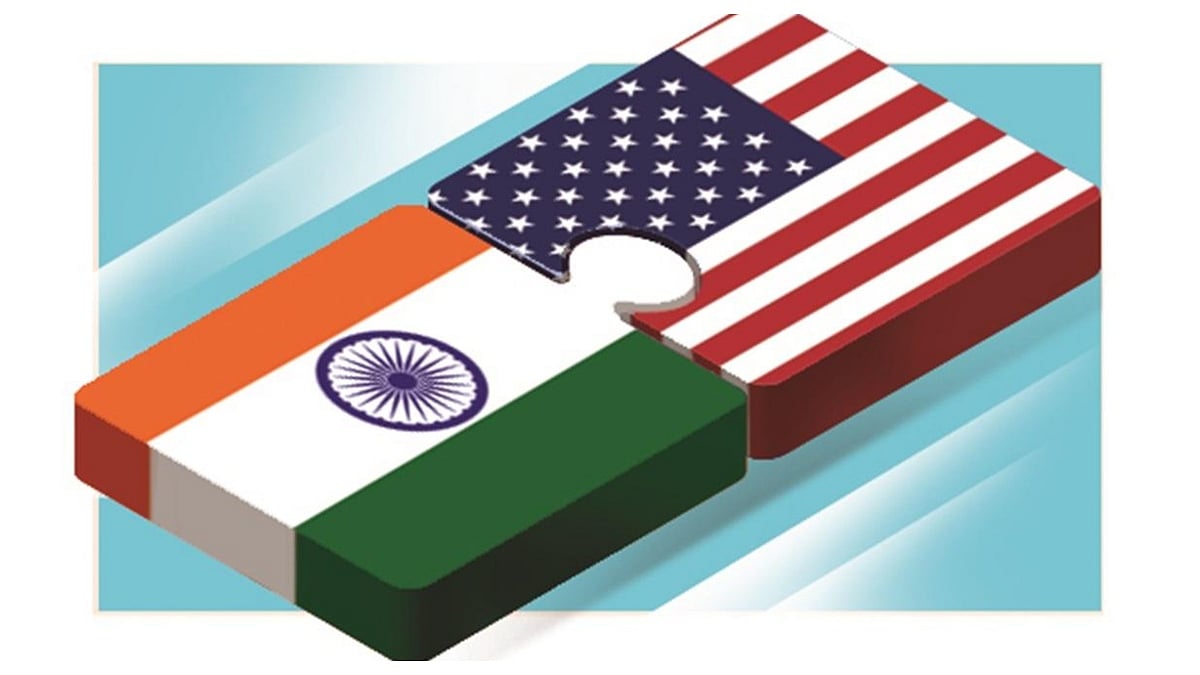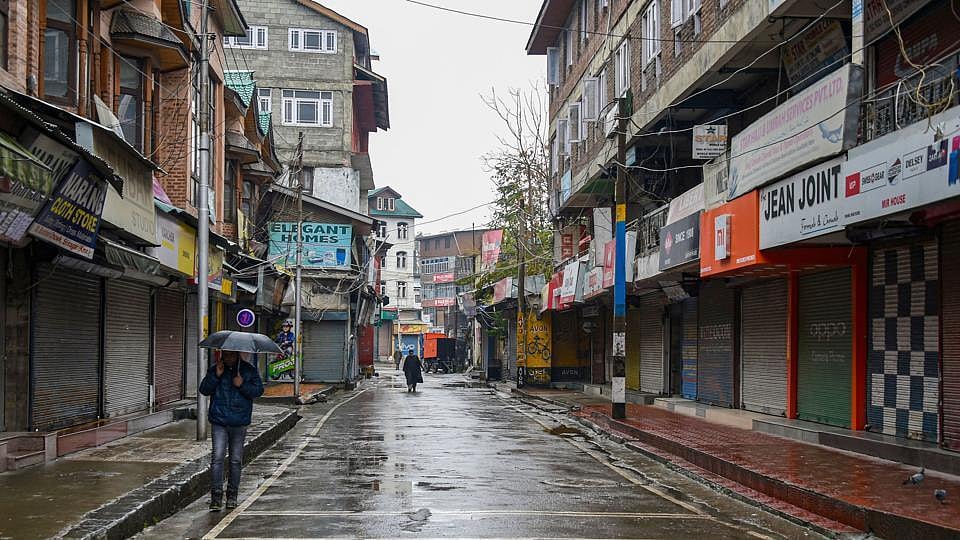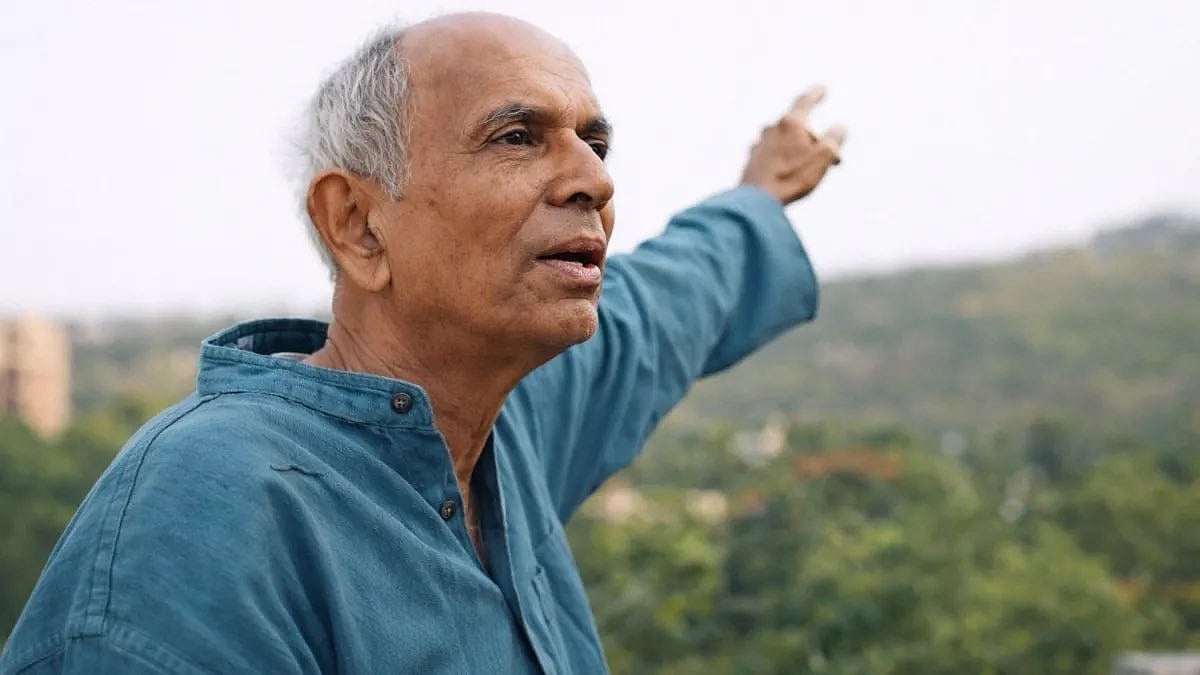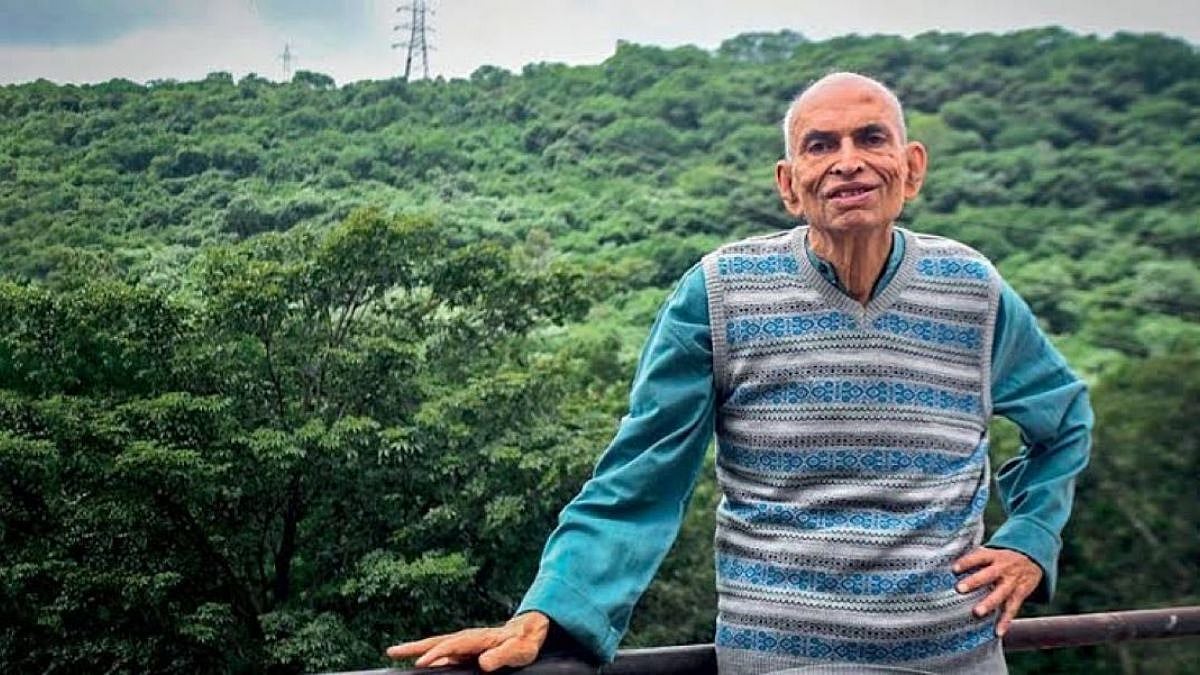The SVB episode is now over a week old and one is better positioned to assess the impact. In terms of being a well-known bank to the general public, SVB would not feature in the list. But it is important to the world of start-ups. The model followed was quite rudimentary and there did not seem to be anything amiss here. The bank had mainly start-ups as its customers. They would put in the funds they received from venture capitalists to run their business. SVB in turn would use these funds for lending or invest in bonds which could be owned by the government or private sector. It would also be extending loans to the start-ups.
The second part was the tricky one. As interest rates rose in the USA, the low coupon rates on bonds which were issued when interest rates were low in 2020-21 meant that there would be losses on valuation. Therefore the bank shifted the bulk of its bonds portfolio to what is called the HTM part, which means ‘held to maturity’. These bonds carried no revaluation losses as they were not traded and could be taken at face value on their books. The AFS, or ‘available for sale’, bonds were the ones which had valuation issues.

SVB's fall
Now with the recession in the USA and the Fed raising rates there was a tendency for venture capitalists to stop funding the start-ups. Besides the days of easy money were over as the Fed has been tightening rather than easing the strings. The start-ups now found that they had a problem running their business and hence wanted to withdraw their deposits. SVB had not bargained for this situation and started selling the bonds in the AFS category to garner funds to repay deposits.
This meant that they were sold at a lower price, thus making losses. It spurred panic across the market which was felt even on the Indian bourses. The Fed has said that while deposit money would be saved the investors would not, which means that the bank can collapse. The point put forward is that unlike the Lehman crisis, when there was intervention from the top, there would be no such provision made for this episode.
How is India positioned here?
First, Indian banks do not have dealings with SVB directly and hence should not be affected. Second, the start-ups run by Indians which have deposits in SVB are those which are based in USA and not in India. Therefore a ripple effect on Indian banks looks unlikely. Third, the Indian banks do not have concentration of liabilities in one sector and hence do not even remotely resemble this bank. Fourth, the asset side of the books are diversified as regulation ensures that there are limits to large exposures on companies and groups. Therefore, the risk is in general low.
Where can there be apprehension? The problem can be if start-ups in India have set up subsidiaries in the USA which have dealings with SVB. A collapse of the SVB will mean that the subsidiaries can be affected negatively and if the liability falls on the parent company, then the issue will get localised. And if the parent company has dealings with Indian banks, then there can be issues. Given that some of the big banks have stated that their exposure is virtually non-existent there seems to be less of a concern here.
However, just like how Lehman started with one bank and then spread to others, it needs to be seen as to how things pan out in the USA. If there is a meltdown across all such banks which have niche customers, then even the larger ones would be impacted. The picture so far is that it is more of a micro rather than a macro issue.
While the financial system stands strong and will come out unscathed, the challenge would be for start-ups. Most of them get venture funding which will be coming in a trickle with all this apprehension. Further it has been seen in India that most of the IPOs of start-ups have not quite done well in the market, which means equity funding will also be a challenge. The Indian government is working out a module which will enable them to park their deposits in IFSC which will address their immediate needs.
At the institutional level a lesson learnt is that even on the liabilities side there is need for banks to have diversification. So far the focus is more on assets where normally problems emanate. Concentration in a certain industry or ownership group poses risk to the bank and is hence regulated by the RBI. But on the deposits side, so far attention has never been paid. SVB’s problem was that deposits were kept mainly of start-ups leading to substantial concentration. Also, on the assets side, having a large investment book runs the risk of valuation all the time. This fact is known. However, a situation like this where the bank had to sell its investments to get funds to repay deposits is quite unique. There would be greater introspection in the US in particular where there are niche banks catering to the demands of specific industries. This episode also offers a lesson to regulators to also look at the liabilities side when drawing up prudential rules.
Madan Sabnavis is Chief Economist, Bank of Baroda, and author of ‘Lockdown or economic destruction?’ Views are personal










